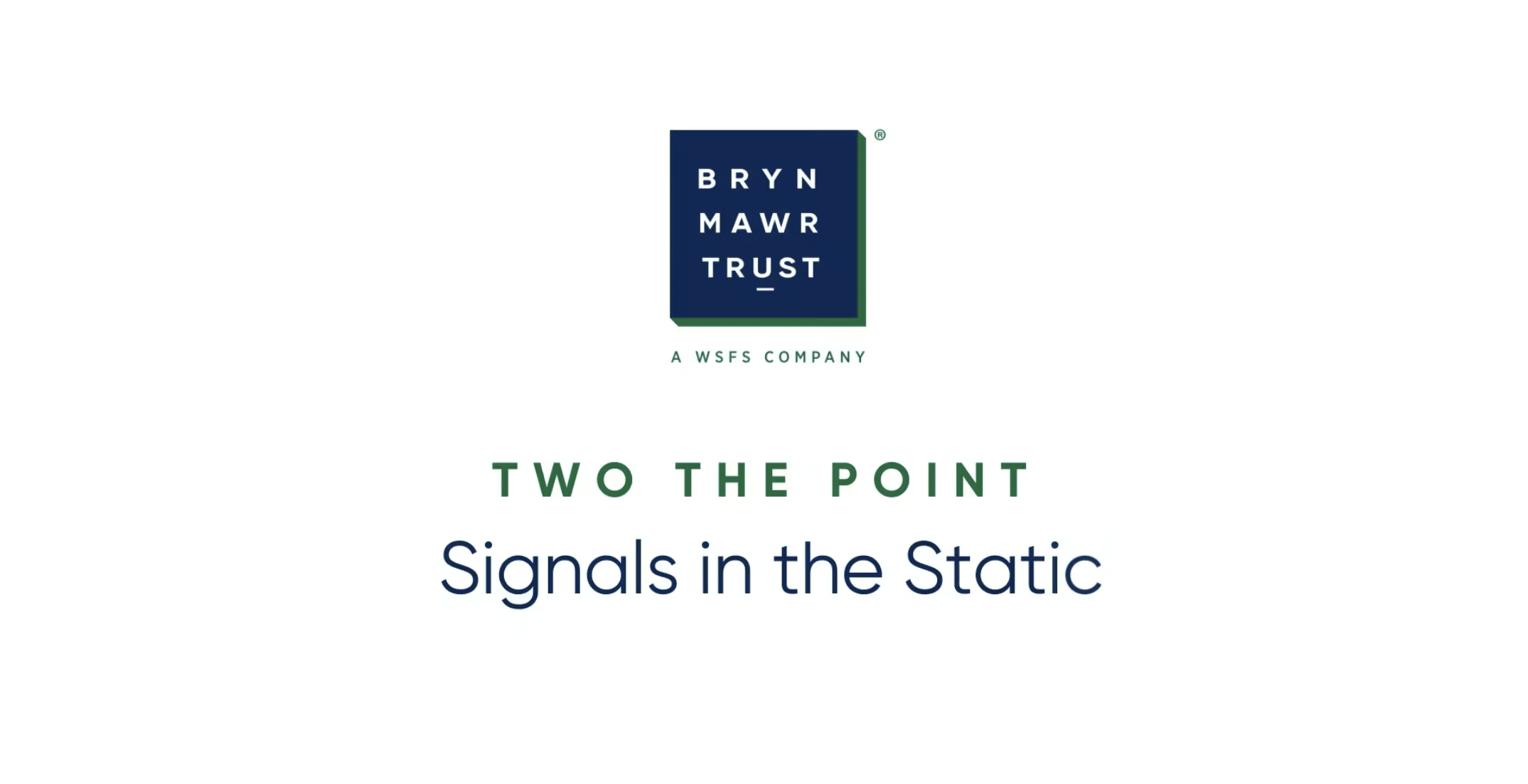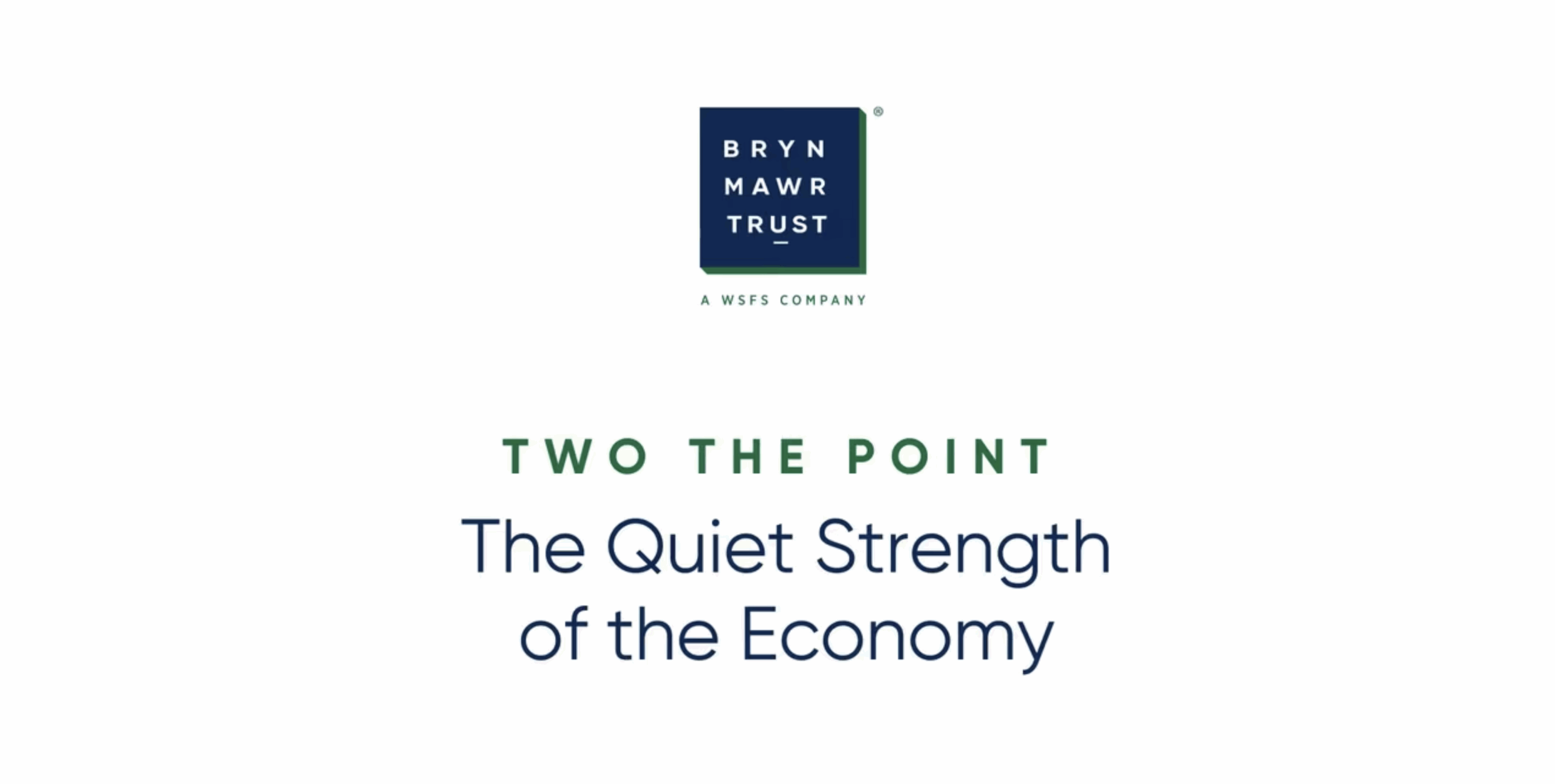Five Key Retirement Strategies – How to Ensure You Won’t Outlive Your Retirement Savings

Securing a comfortable retirement requires thoughtful planning and strategic financial decisions. To ensure you won’t outlive your retirement savings, consider these five crucial tips:
1. Start Early, Contribute Consistently and Wisely
Time is your greatest ally in building a retirement nest egg. Begin saving early to capitalize on compounding. Consistent contributions, even if modest, can grow significantly over time. Leverage employer-sponsored plans like 401(k)s or individual retirement accounts (IRAs) to maximize tax advantages, take advantage of potential employer-match programs, and compound your savings effectively.
Additionally, embrace tax-efficient strategies to preserve your retirement nest egg. Utilize tax-advantaged accounts and understand the tax implications of withdrawals. Roth IRAs, for example, allow tax-free withdrawals in retirement, while traditional IRAs offer upfront tax benefits. A mix of both may provide flexibility to manage your tax liability in later years.
2. Understand Your Risk Tolerance & Diversify Strategically Across Asset Classes
It’s essential to understand your risk tolerance before deciding your retirement investment strategy. Be honest about your comfort level with market fluctuations and potential losses. If you are risk-averse, a more conservative allocation may be suitable, while those comfortable with risk may opt for a more aggressive approach. Aligning your investments with your risk tolerance is fundamental to weathering market volatility without jeopardizing your goals.
Diversification is also a key component of prudent investing, especially in the context of retirement planning. Different asset classes react differently to market conditions, and diversification helps minimize the impact of a poor-performing sector on your overall portfolio. Allocate your assets across various classes to maintain the desired asset blend that reflects your risk tolerance and long-term objectives.
3. Consider Your Time Horizon
Your time horizon, or the number of years until your retirement, plays a pivotal role in determining your asset allocation. Generally, those with a longer time horizon can afford to take on more risk, as they have more time to recover from market downturns. As retirement approaches, consider adjusting your asset allocation to preserve capital and reduce exposure to volatility. This strategic shift aligns your investment strategy with the changing landscape of your life.
4. Periodically Review & Rebalance Regularly
A set-and-forget approach to retirement planning can be harmful. Life circumstances, economic conditions, and personal goals change over time. Periodically review and adjust your retirement plan to reflect these shifts. Assess your risk tolerance, revisit financial goals, and make necessary adjustments to your asset allocation as warranted. This ongoing evaluation ensures that your portfolio remains resilient, adapting to both internal and external changes.
Similarly, market fluctuations can disrupt your carefully crafted asset allocation. By regularly rebalancing your portfolio, you adjust the percentages of each asset class to bring them back in line with your original strategy. This disciplined approach ensures that your portfolio remains aligned with your risk tolerance and financial goals, preventing unintended overexposure to one asset class.
5. Seek Professional Advice
Be sure to seek professional advice from your trusted advisors. Consult with wealth and financial advisors regularly to tailor and adjust a retirement plan that aligns with your unique circumstances and goals. They can offer insights, identify potential pitfalls, and help you stay on course.
In the long run, to avoid outliving your retirement savings, start early, evaluate your risk tolerance, diversify across asset classes, consider your time horizon, review periodically, and rebalance regularly. Consulting a professional advisor, like those at Bryn Mawr Trust, can give you peace of mind and increase the likelihood of a secure and lasting retirement.
Disclosure
This communication is provided by Bryn Mawr Trust for informational purposes only. Investing involves the risk of loss and investors should be prepared to bear potential losses. Past performance may not be indicative of future results and may have been impacted by events and economic conditions that will not prevail in the future. No portion of this commentary is to be construed as a solicitation to buy or sell a security or the provision of personalized investment, tax or legal advice. Certain information contained in this report is derived from sources that Bryn Mawr Trust believes to be reliable; however, Bryn Mawr Trust does not guarantee the accuracy or timeliness of such information and assumes no liability for any resulting damages.



